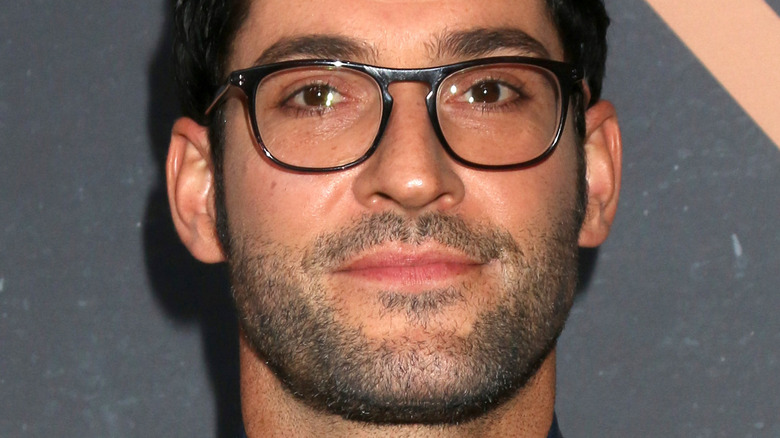The Real Reason Fox Canceled Lucifer
Fox's cancellation of "Lucifer" was abrupt. Particularly considering its popularity. Tom Ellis, who played the crime-solving antichrist Lucifer Morningstar, heard the show had been canceled at the "Lucifer" fan convention of all places. "I'd just come off stage doing my Q&A with the audience," he told the Guardian. "And then the call came through. I was at my lowest ebb when I found out about it." Expectations that the show would continue were so solid that two episodes for Season 4 had already been filmed, which Fox then rebranded as "bonus episodes."
Ultimately, this story has a happy ending. Online Lucifans launched a social media campaign — #SaveLucifer, #PickUpLucifer — that convinced Netflix to pick up "Lucifer" for its fourth, fifth, and sixth seasons. Not only did the show get the chance to give its characters complete arcs, but in some ways to fully come into its own, even getting more musical numbers during its revival on streaming.
Initially, Fox claimed that the reason for the cancellation was typical: ratings. Not that "Lucifer's" were low, but instead that the network's other, newer shows had performed better (via Deadline). But it turns out that wasn't the whole story.
Fox canceled Lucifer because Warner Bros. and Jerry Bruckheimer were too expensive
"Lucifer," as most fans will remember, started life not in the pages of the screenplay but as a comic. The version we see brought to life by Tom Ellis originated as a supporting character in Neil Gaiman's "Sandman," published by DC Comics — and is also very different from the one that appears in Netflix's current "Sandman" adaptation. Like all DC properties brought to life on any screen, "Lucifer" required involvement from Warner Bros. (via Deadline). The show also involved Jerry Bruckheimer as executive producer, hardly an inexpensive name.
So while ratings and audience size did play a role in the decision to axe "Lucifer," they were also squared against the sheer price tag of continuing production. During the 2018 Television Critics Association Press Tour, then-chairperson and CEO of Fox Television Group, Dana Walden, said as much.
"We had a great time working with that cast and the executive producers of the show. It worked well for us," she elaborated. "[But] as we were going into this season, we looked at the size of the audience, which was starting to get pretty narrow. We just made a determination that given ... it was owned by an outside studio, at the time we couldn't justify the economics" (via TV Guide). Luckily, Netflix swooped in, and the rest is history.

